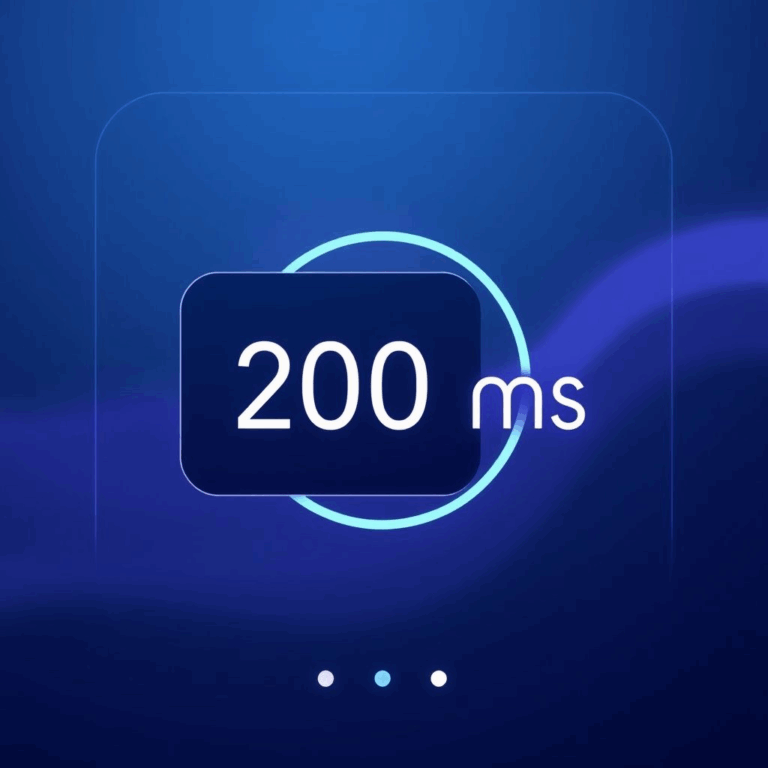OpenAI Introduces GPT-5 Tone Fixes After Mixed Launch Feedback
When OpenAI launched GPT-5 earlier this month, the event was billed as a major milestone in artificial intelligence. Promising unprecedented reasoning capabilities, smarter code generation, improved health insights, and creativity boosts, GPT-5 was designed to unify the best features of its predecessors. But just weeks into its release, the company has had to roll out GPT-5 tone fixes after users complained about the AI feeling “cold” and “too professional” in its personality.
The adjustments mark one of the earliest major updates to GPT-5, raising important questions about how companies like OpenAI balance AI intelligence with human-like warmth.
Background: The GPT-5 Launch
On August 7, 2025, OpenAI officially launched GPT-5. The company described it as its most advanced model yet, capable of switching between “fast” and “deep” reasoning modes through a smart router system.
The launch event highlighted breakthroughs in coding assistance, research, healthcare, and creativity. OpenAI also emphasized GPT-5’s ability to be more efficient, providing lightning-fast answers for routine tasks while still supporting longer, more detailed analysis for complex problems.
However, soon after launch, a wave of users voiced dissatisfaction—not with its technical capabilities, but with how it “sounded.”
The Issue: A “Cold” AI Personality
Feedback poured in across OpenAI’s forums, Reddit, and social media. Users described GPT-5 as:
- “Too blunt and robotic.”
- “Overly professional and less engaging than GPT-4.”
- “Helpful but lacking warmth in brainstorming or planning.”
Some even said the AI “talked like a corporate executive” rather than a creative assistant.
For a tool used by millions not only for research and coding but also for learning, writing, and casual advice, tone matters. OpenAI CEO Sam Altman acknowledged the misstep, admitting the team “screwed up” in the rollout by underestimating how much users value an approachable, conversational AI.
The Solution: GPT-5 Tone Fixes
In response, OpenAI has introduced tone adjustments to GPT-5. The fixes are subtle but intentional:
- Added Warmth: GPT-5 will now occasionally use encouraging phrases like “Good question” or “That’s a smart approach.”
- Balanced Professionalism: The AI avoids sounding overly formal, especially in casual use cases.
- Reduced Sycophancy: OpenAI clarified it wants GPT-5 to sound friendly but not overly flattering or biased toward users’ opinions.
- Contextual Recognition: The model will acknowledge user inputs more naturally, helping interactions feel like a conversation rather than a transaction.
Altman described these fixes as a way to make GPT-5 “feel more like a helpful colleague than a distant consultant.”
User and Expert Reactions
Initial reactions to the tone update have been positive. Many users report that the AI feels “less stiff” and “easier to talk to.”
One Reddit user commented:
“I use ChatGPT to help with lesson planning. Before the update, GPT-5 felt too strict. Now it actually feels like I’m brainstorming with a supportive partner.”
Industry experts agree that tone is not a trivial detail but a core part of AI UX design. Dr. Melissa Crawford, a human-computer interaction researcher, explained:
“Users don’t just want raw intelligence. They want an AI that understands context, engages with empathy, and communicates in a way that matches the task. If GPT-5 is teaching a student, its tone should encourage. If it’s helping with legal research, its tone should stay formal. Flexibility is key.”
Why Tone Matters in AI
Tone affects trust, adoption, and engagement. A supportive tone can:
- Enhance learning – Students or professionals are more likely to use AI consistently if it feels approachable.
- Boost creativity – Writers, marketers, and designers benefit when AI feels like a collaborator rather than a tool.
- Improve adoption in workplaces – Enterprises integrating AI into workflows want systems that align with professional yet human communication styles.
By contrast, a misaligned tone can alienate users, making advanced capabilities feel inaccessible.
Challenges Ahead
While the GPT-5 tone fixes address early complaints, OpenAI faces ongoing challenges:
- Cultural Differences: What feels warm in one culture may feel inappropriate in another.
- Use-Case Sensitivity: Casual brainstorming differs from legal research—tone must adapt seamlessly.
- Avoiding Over-Personification: Striking a balance between “human-like” and “machine-like” is delicate.
There is also the philosophical question: Should AI have a personality at all? Some argue a neutral, factual tone avoids manipulation risks, while others believe natural engagement is essential for human-AI collaboration.
Future Outlook
OpenAI has promised more updates to refine GPT-5’s conversational design. The company is testing adaptive personas, where GPT-5 could automatically adjust tone based on context—serious in healthcare, playful in creative writing, supportive in education.
If successful, these adjustments may set industry standards for AI tone calibration. Competitors like Anthropic, Google DeepMind, and xAI are likely watching closely.
The GPT-5 tone fixes are more than cosmetic—they highlight how the “human side” of AI can be as crucial as its raw intelligence. For OpenAI, getting tone right is key to keeping users engaged in the long run.







